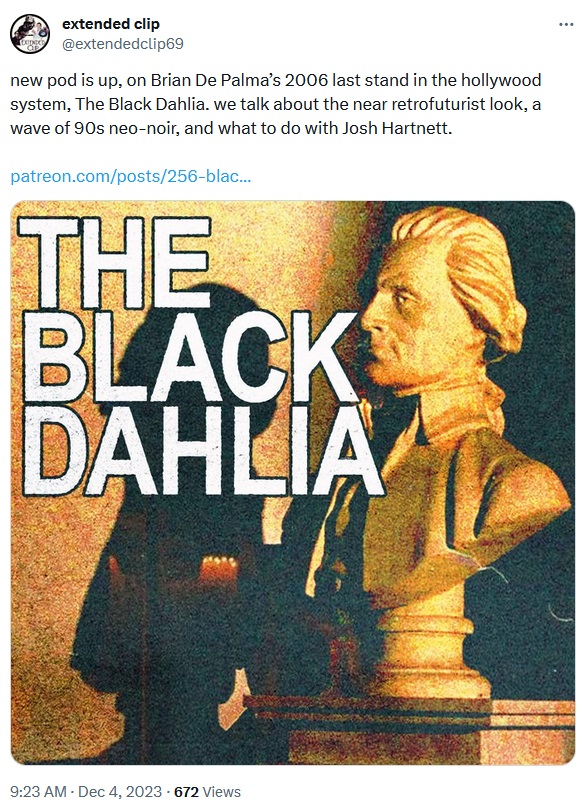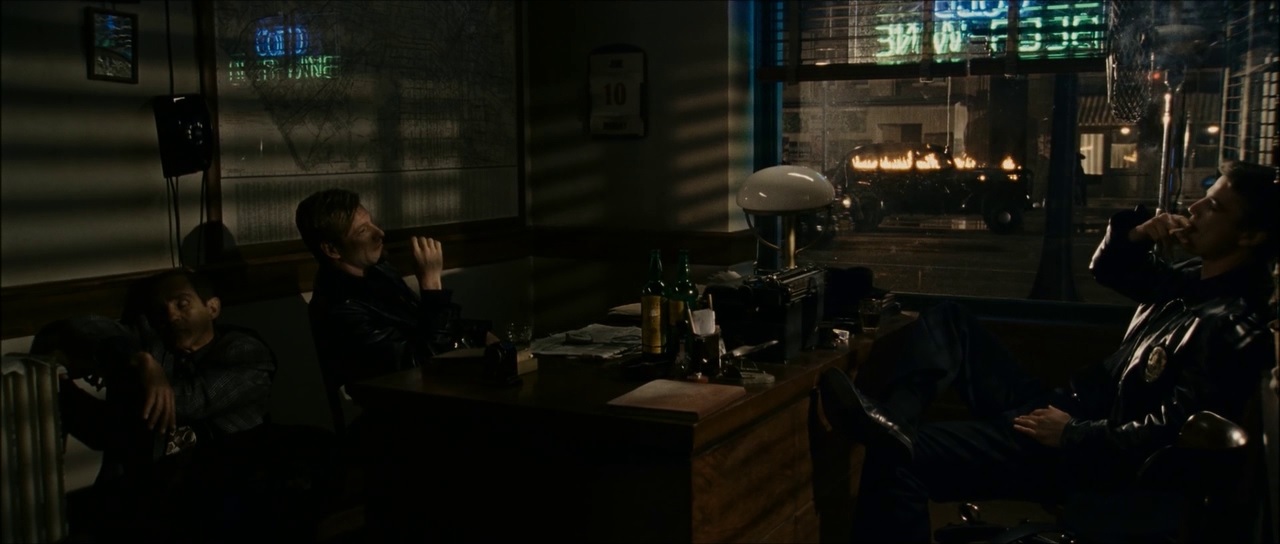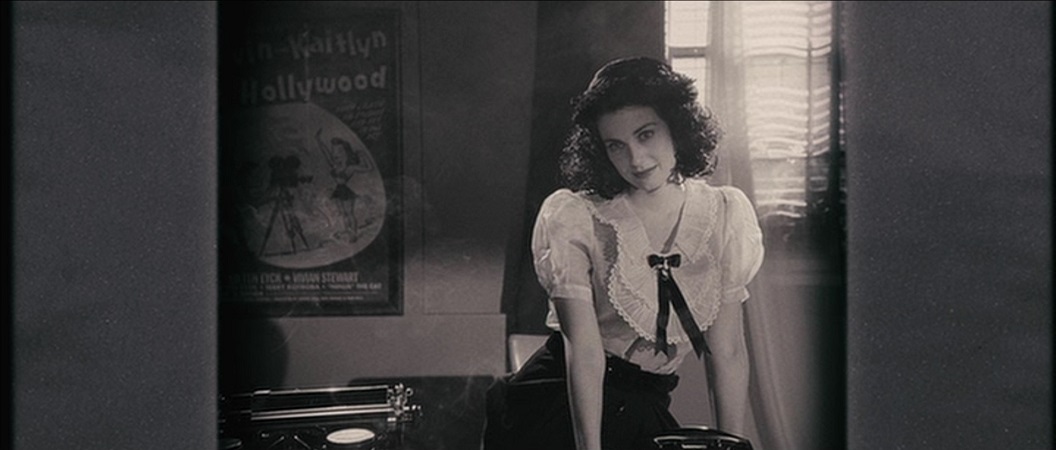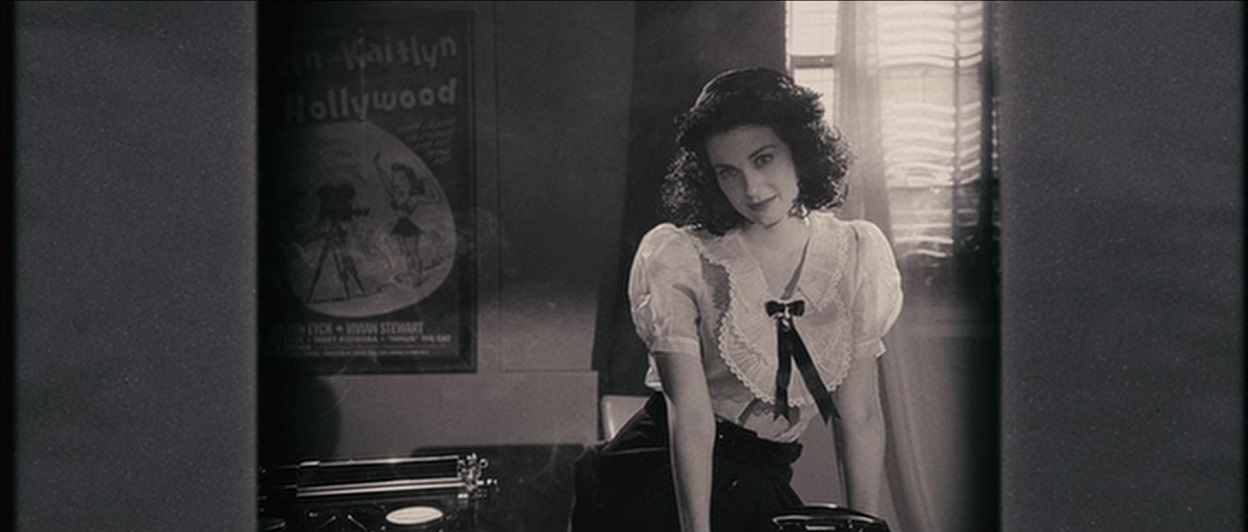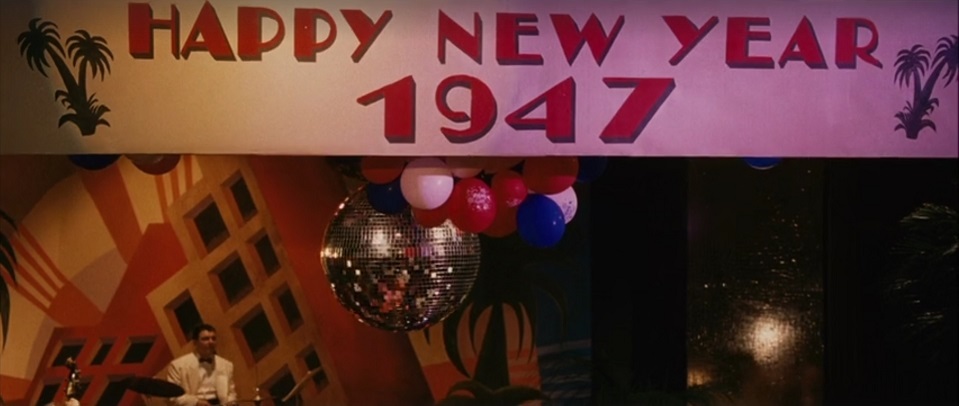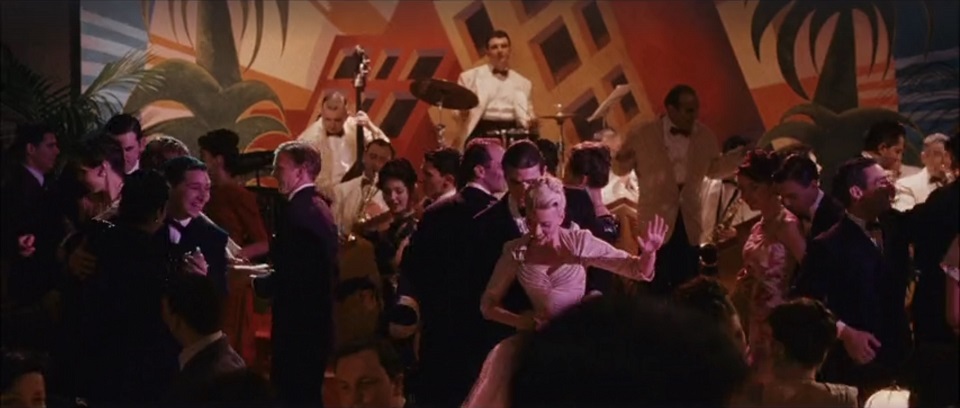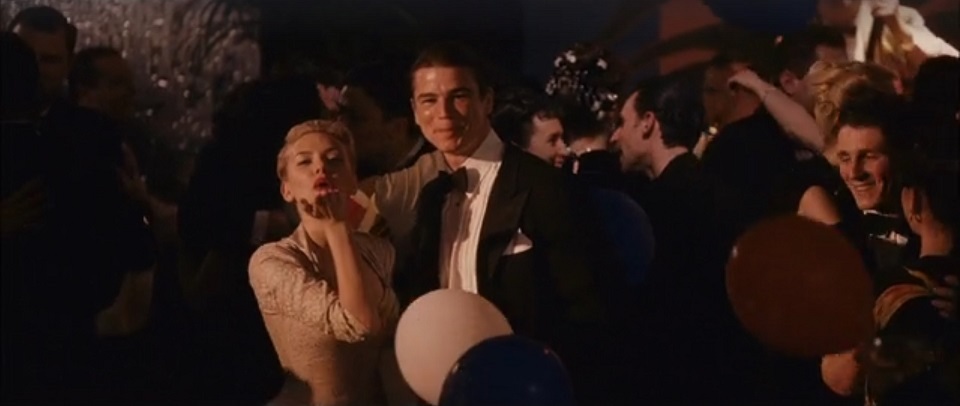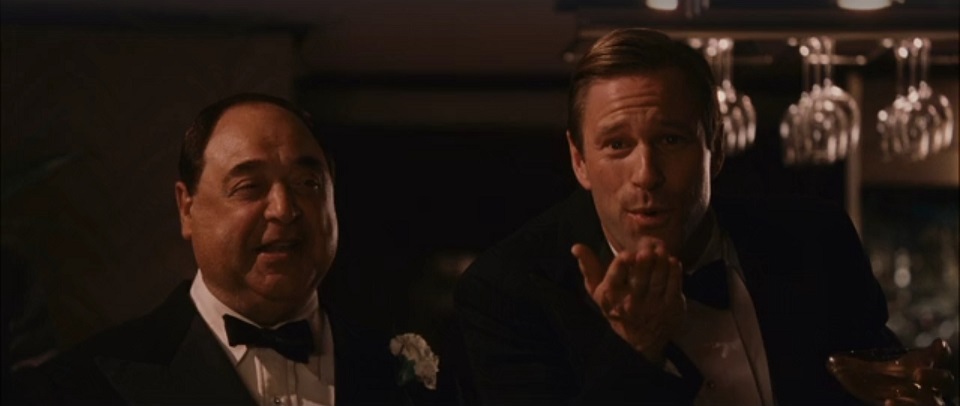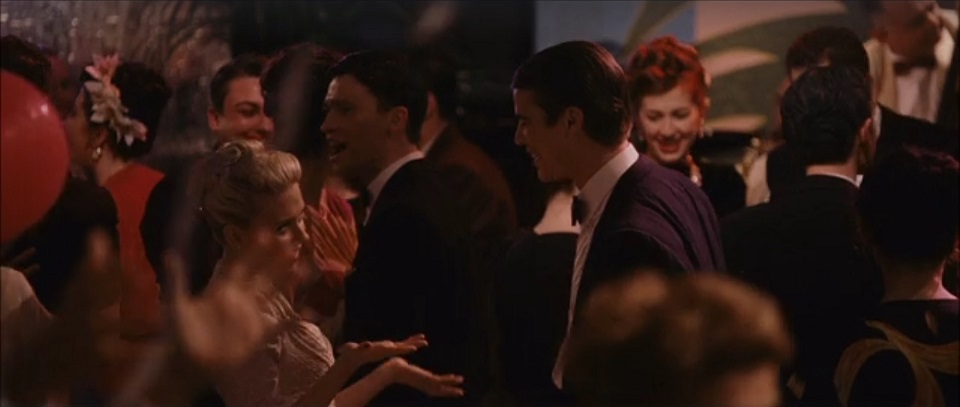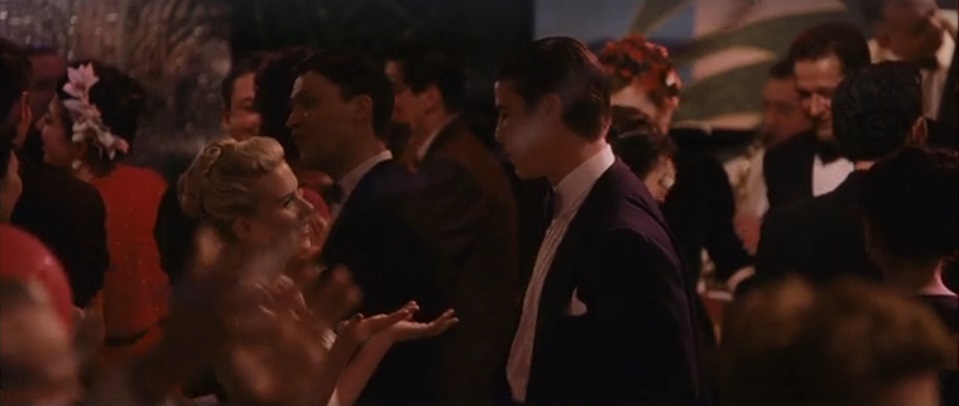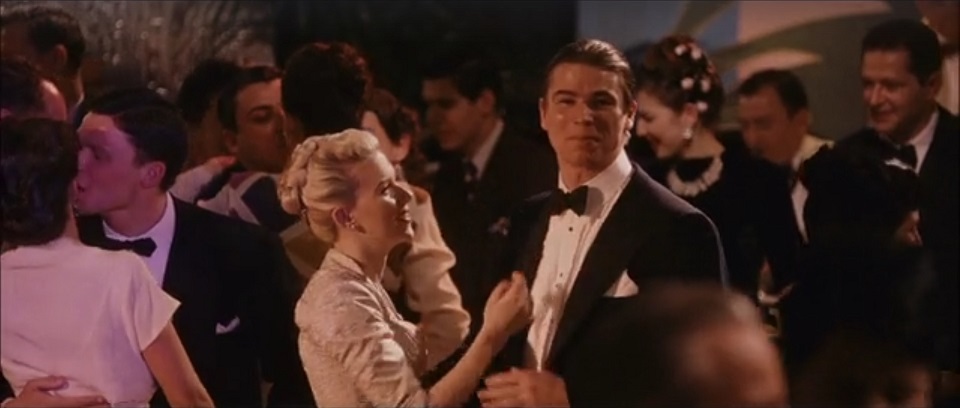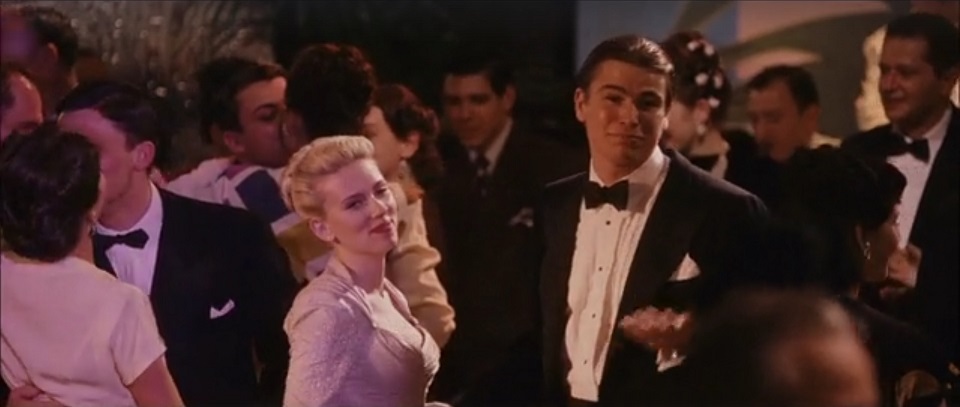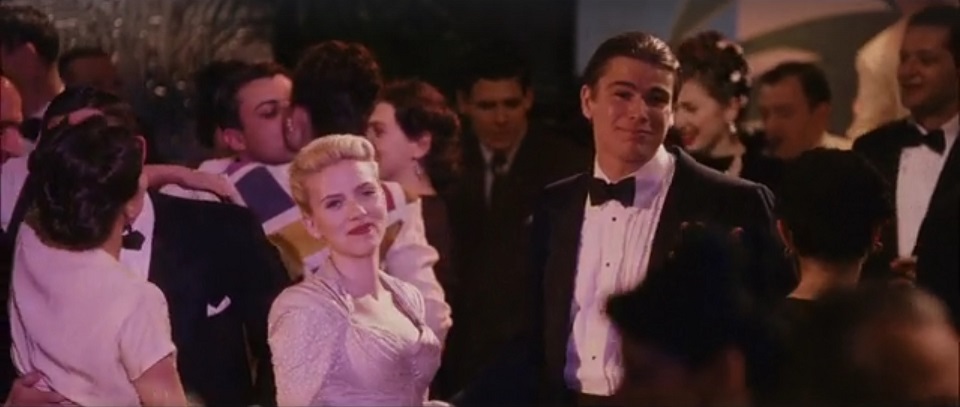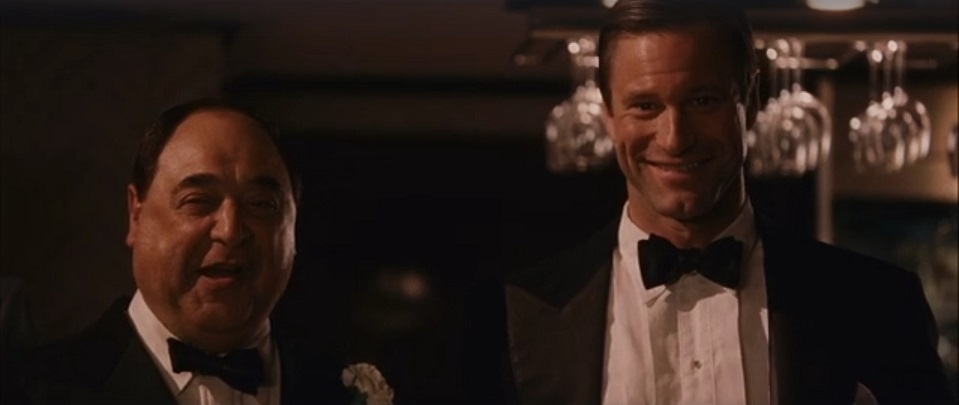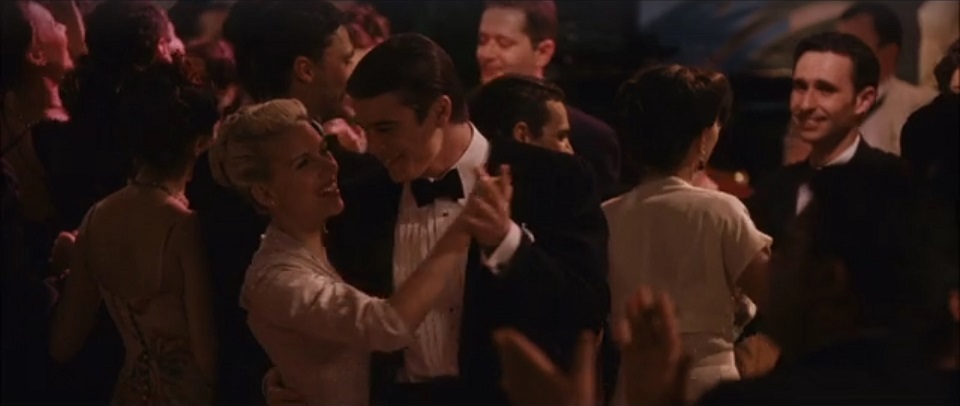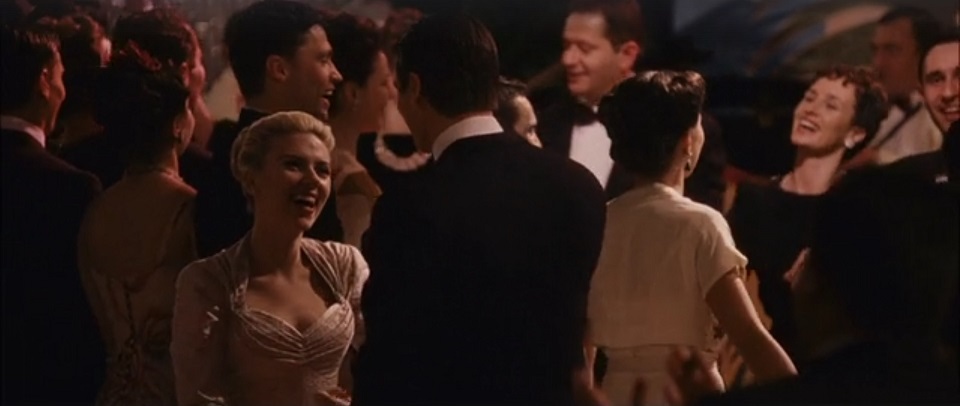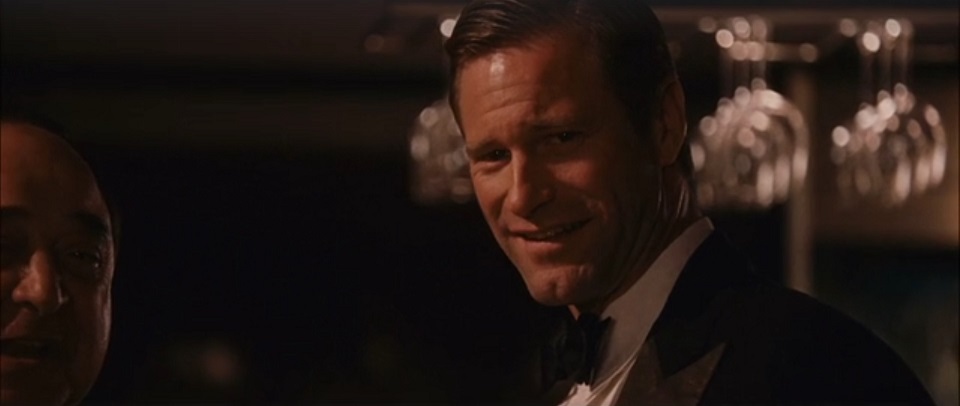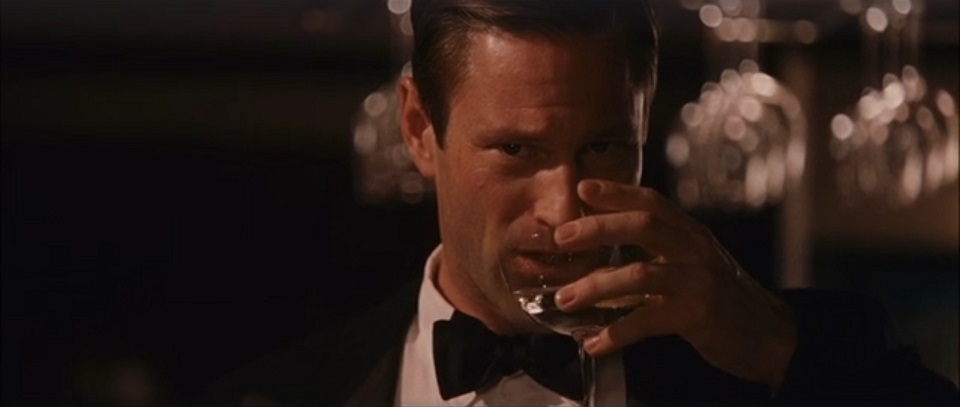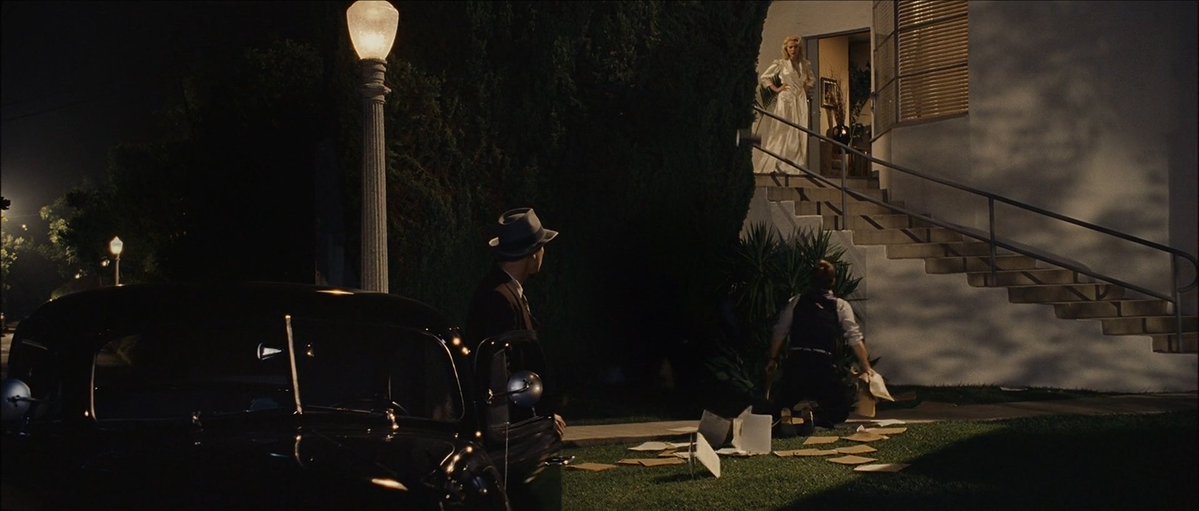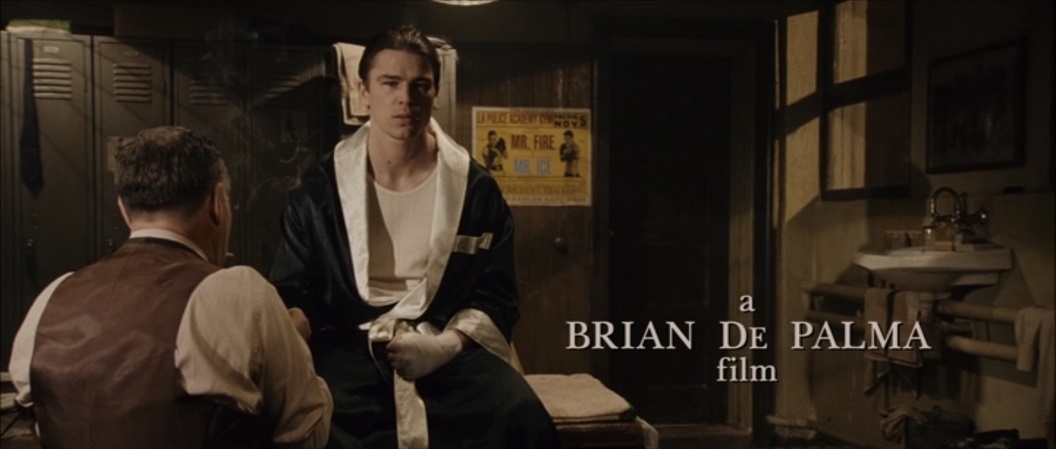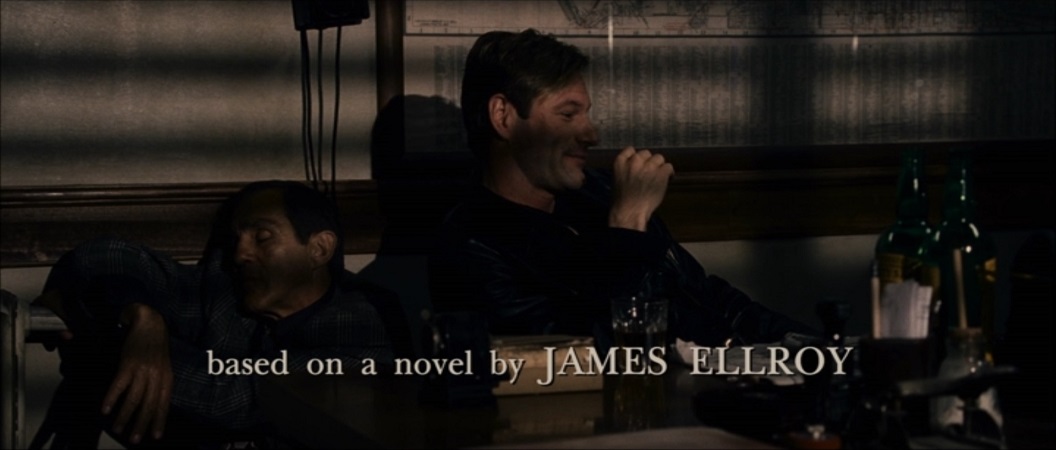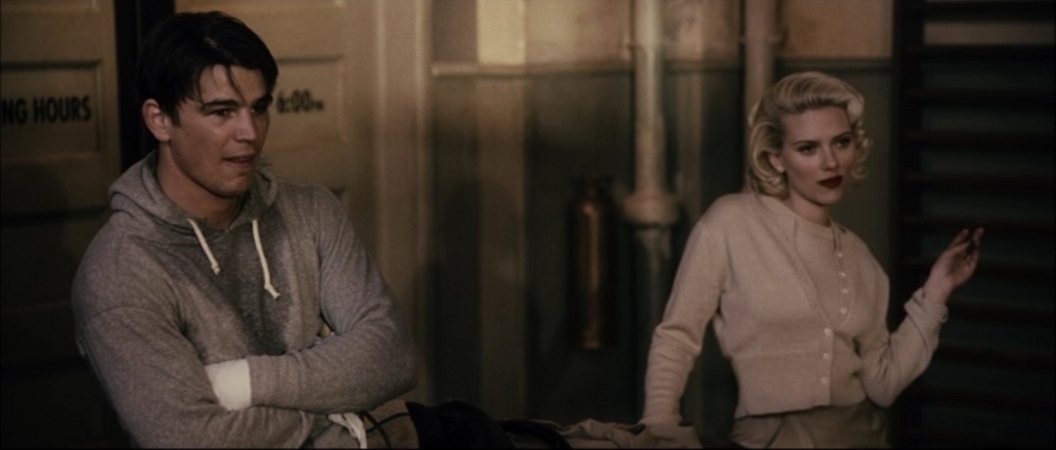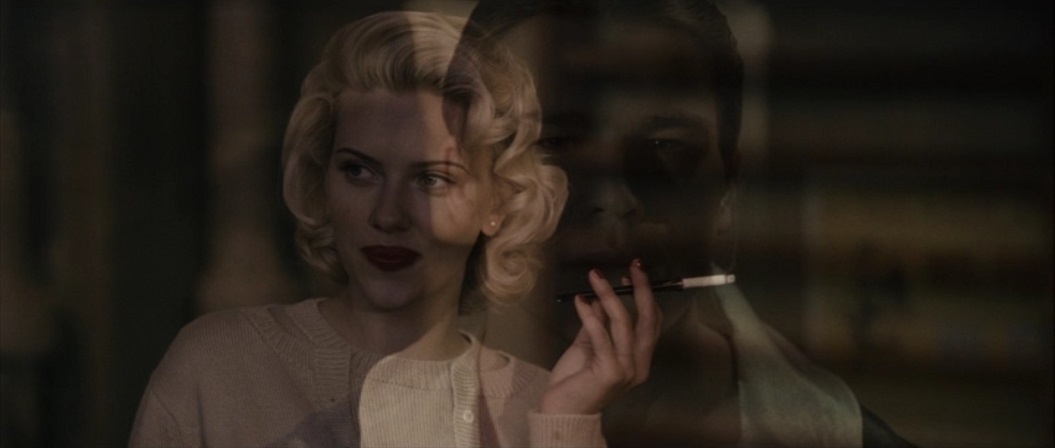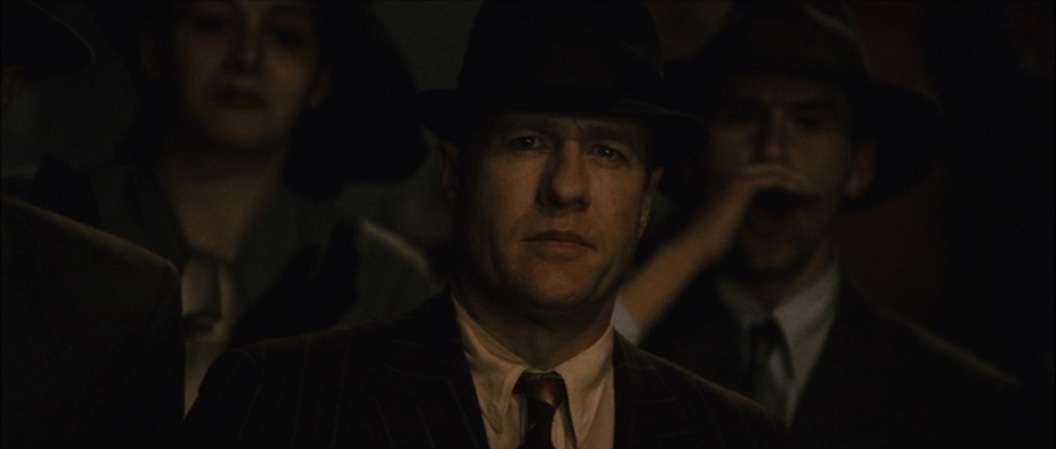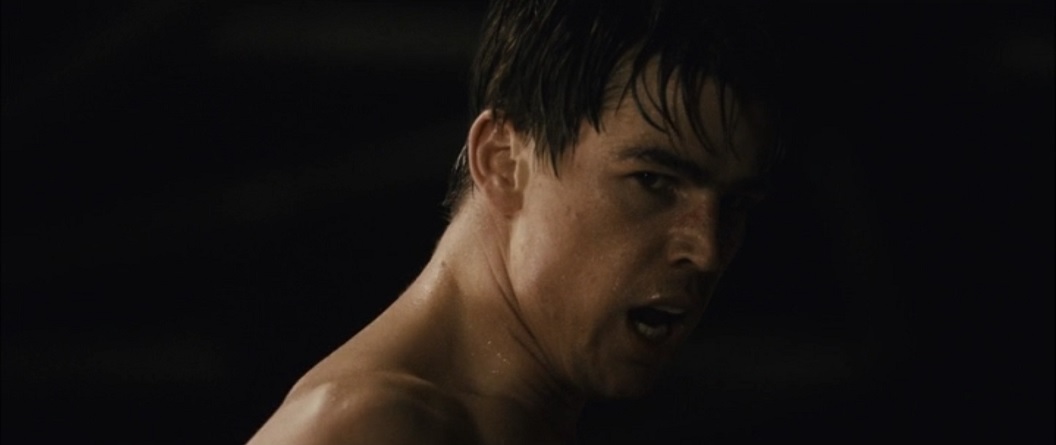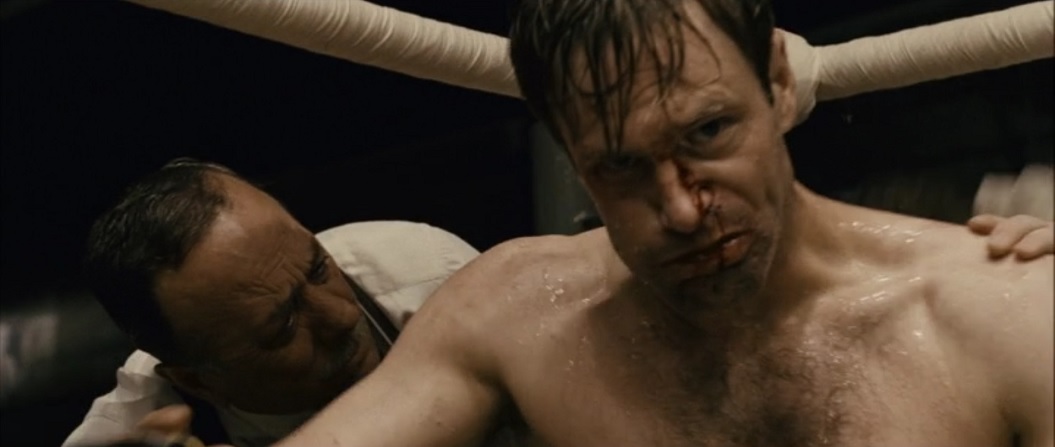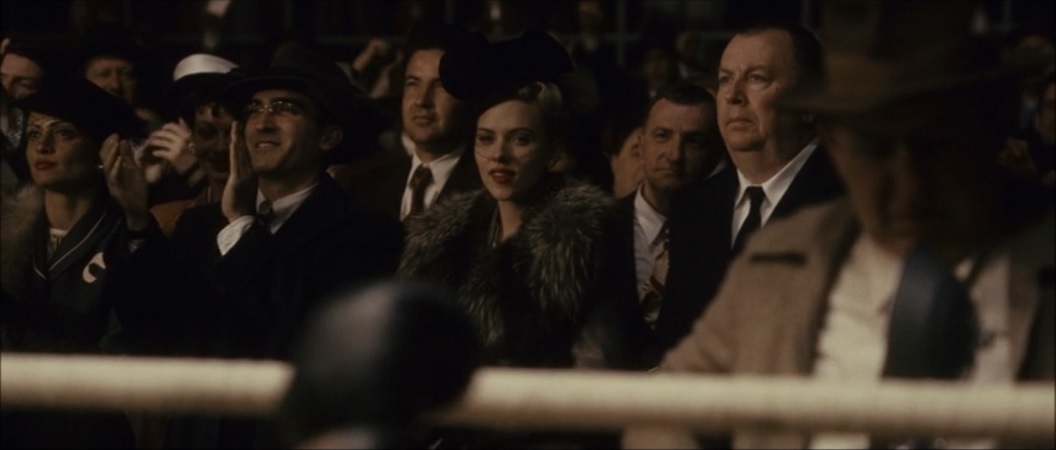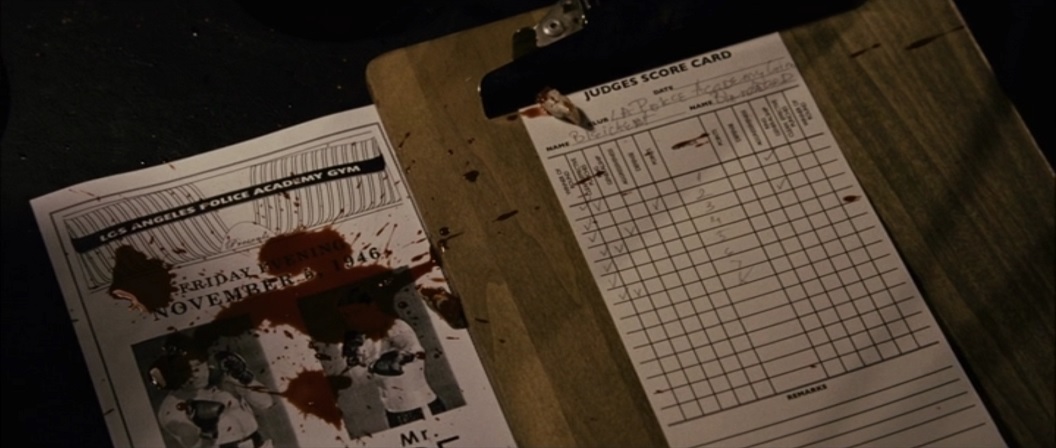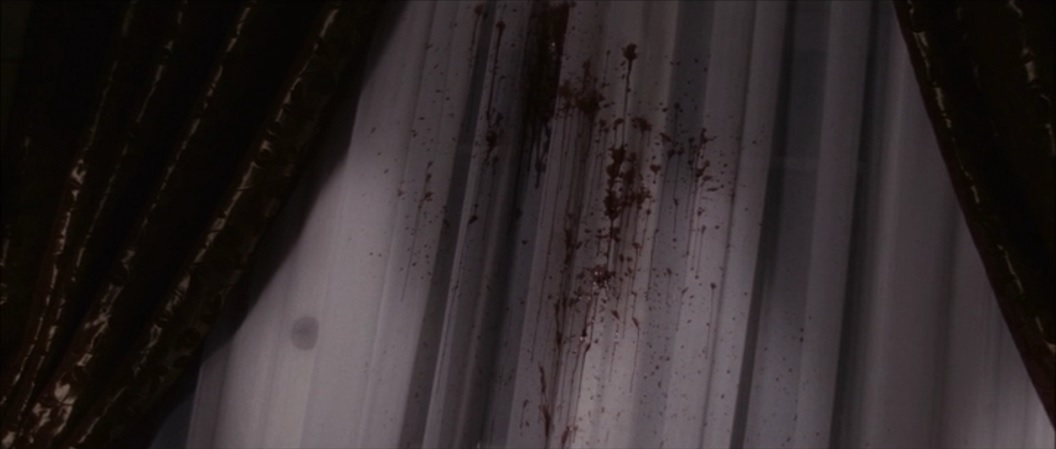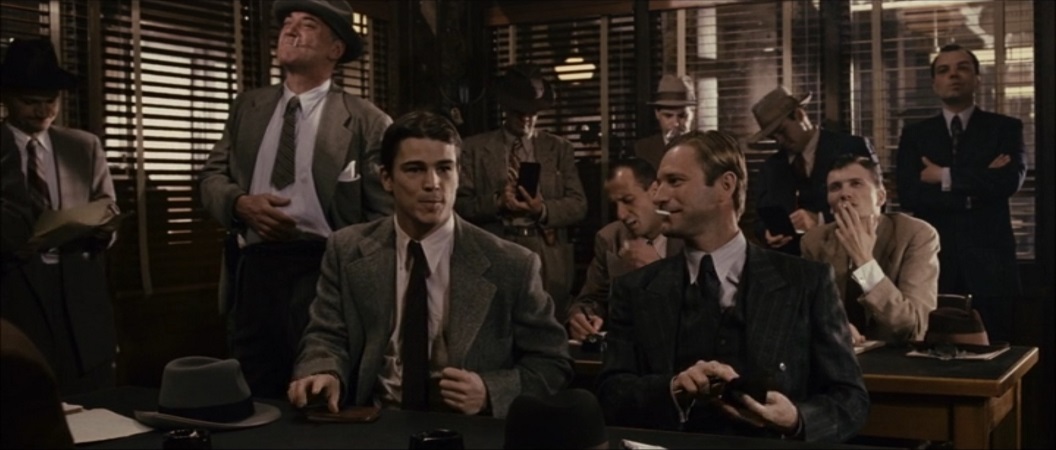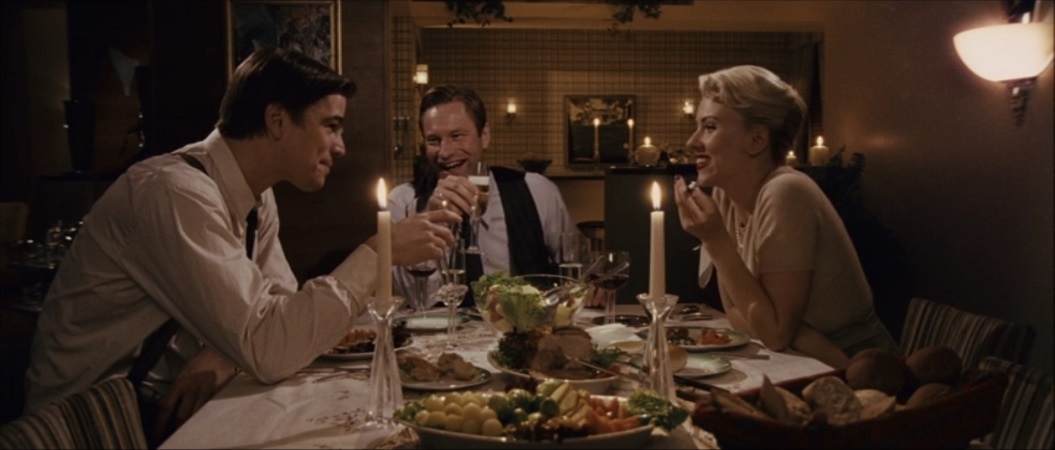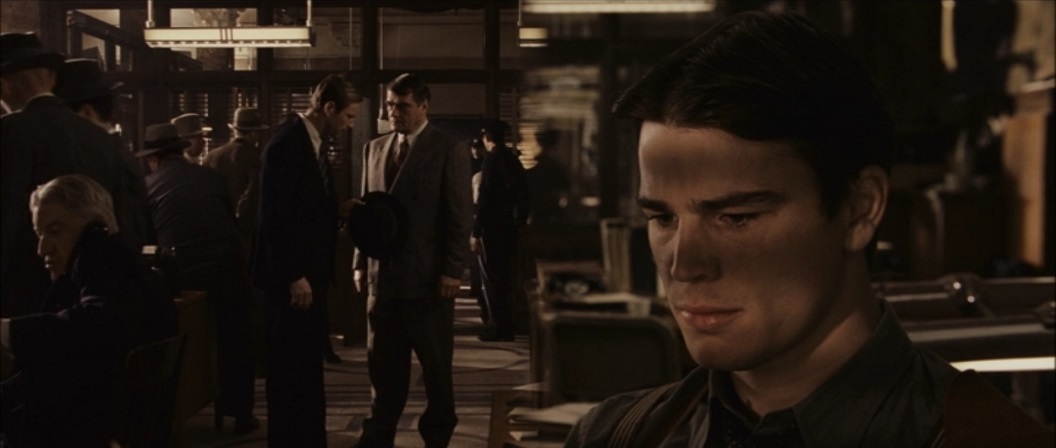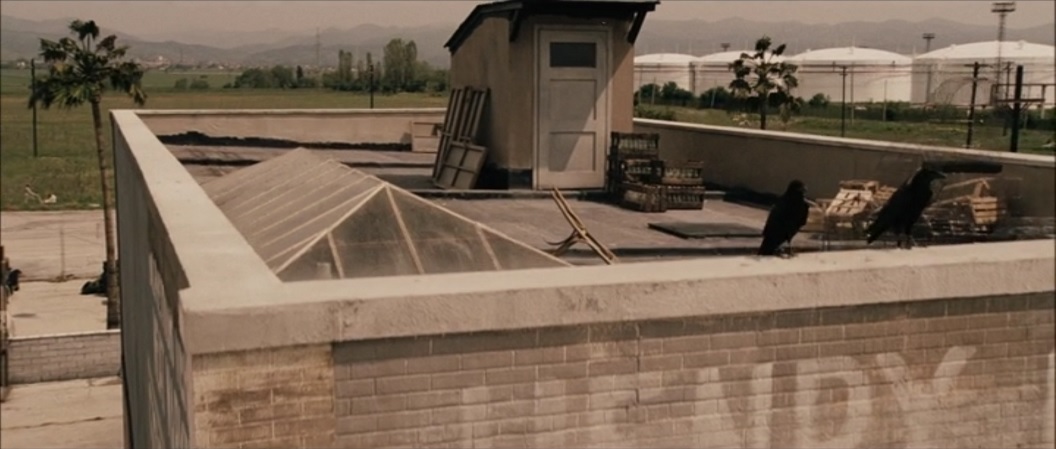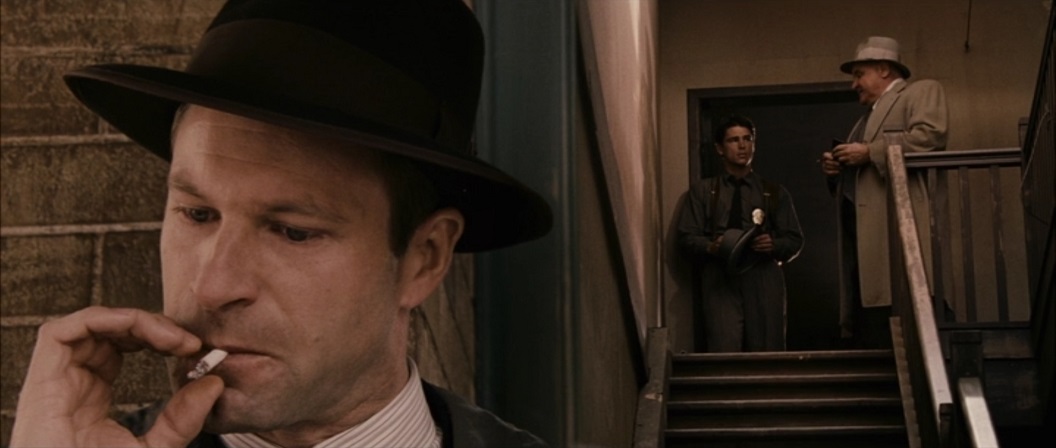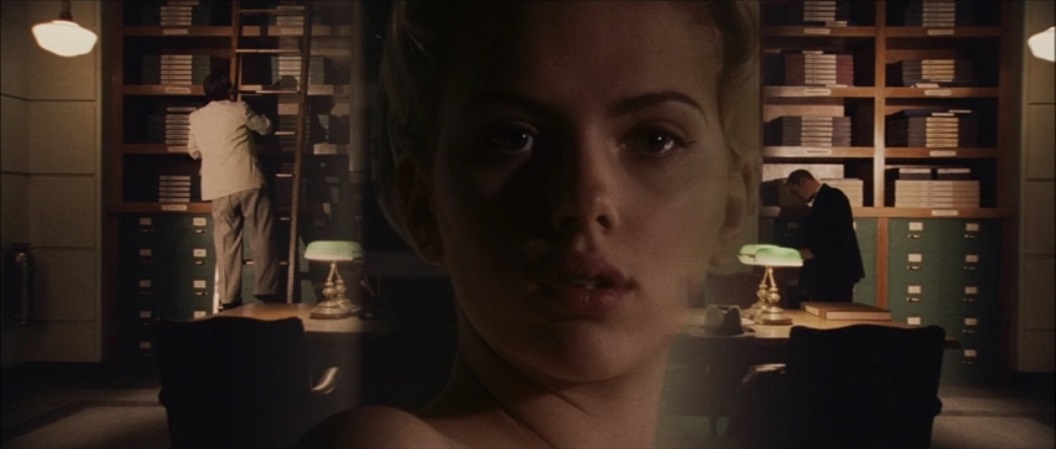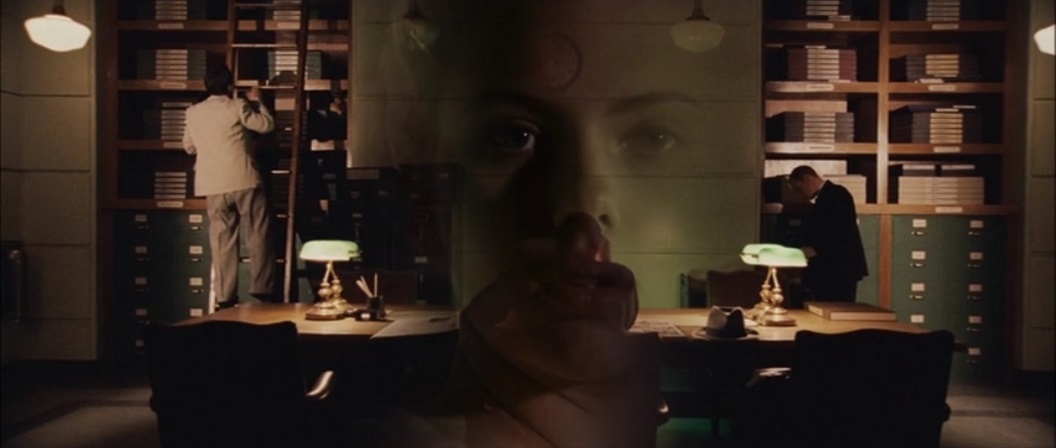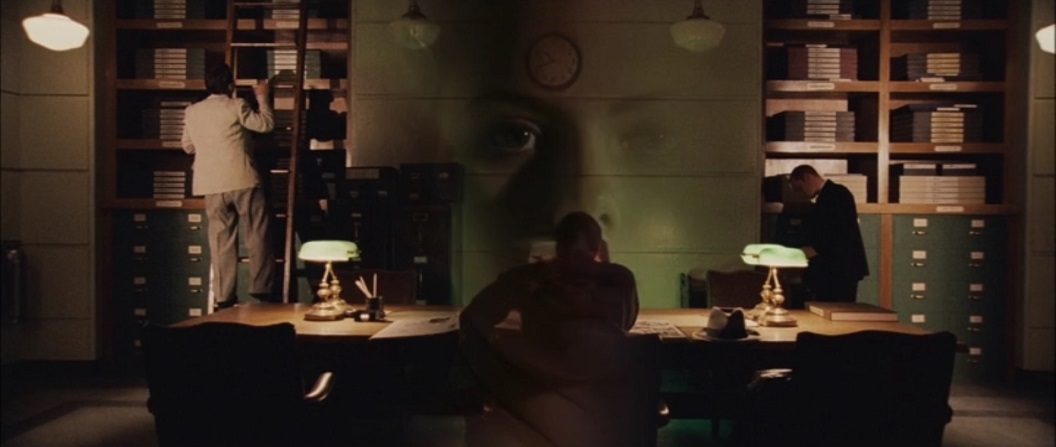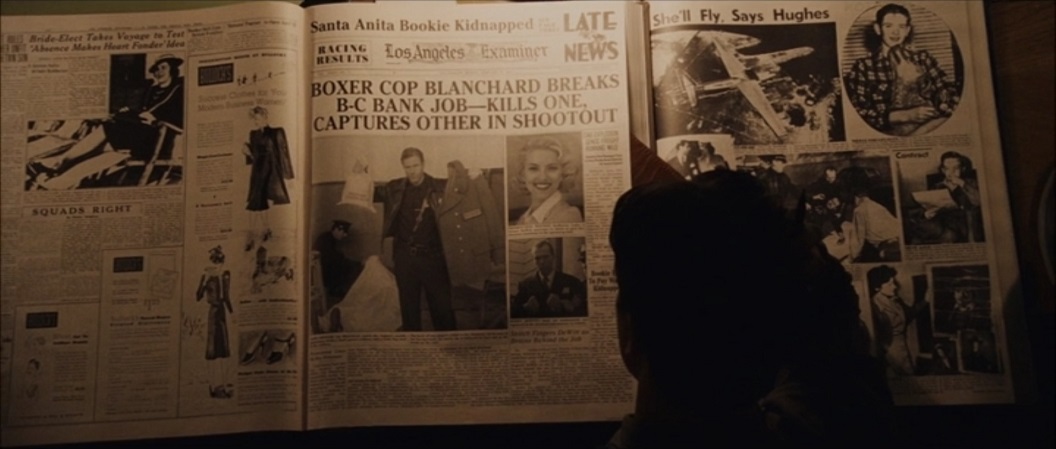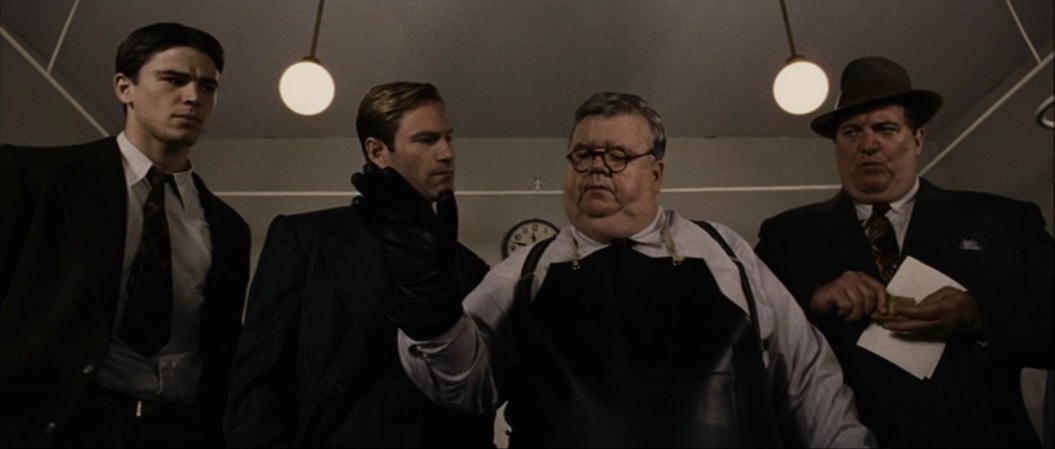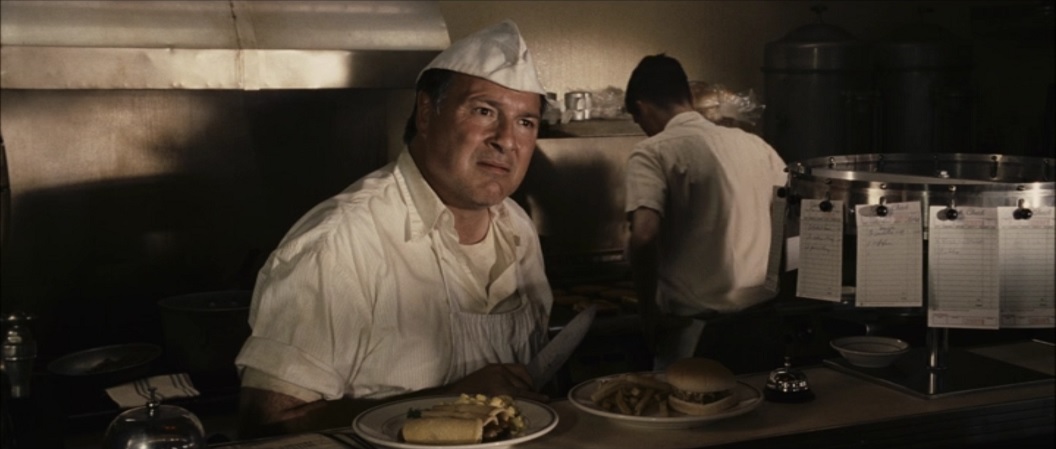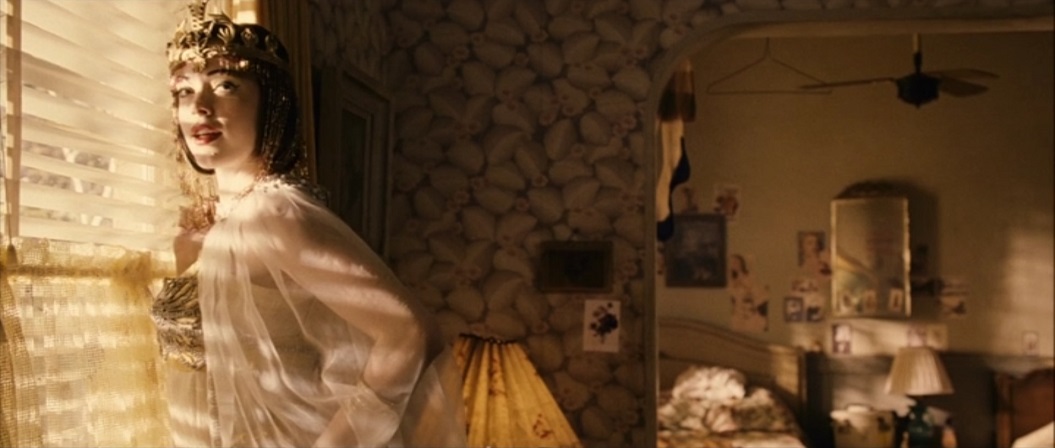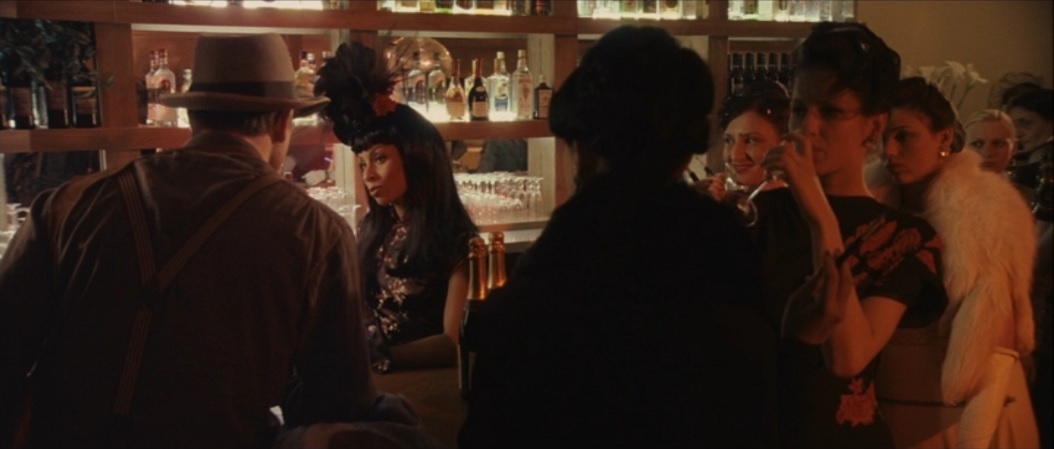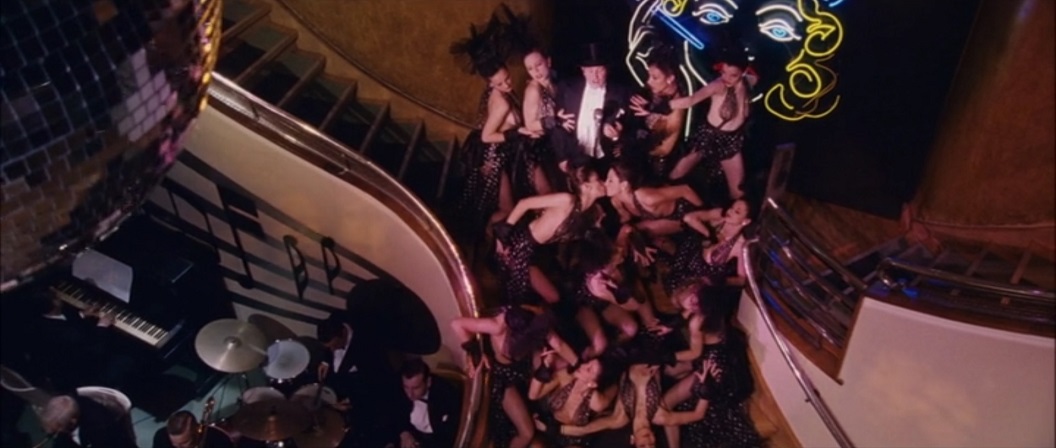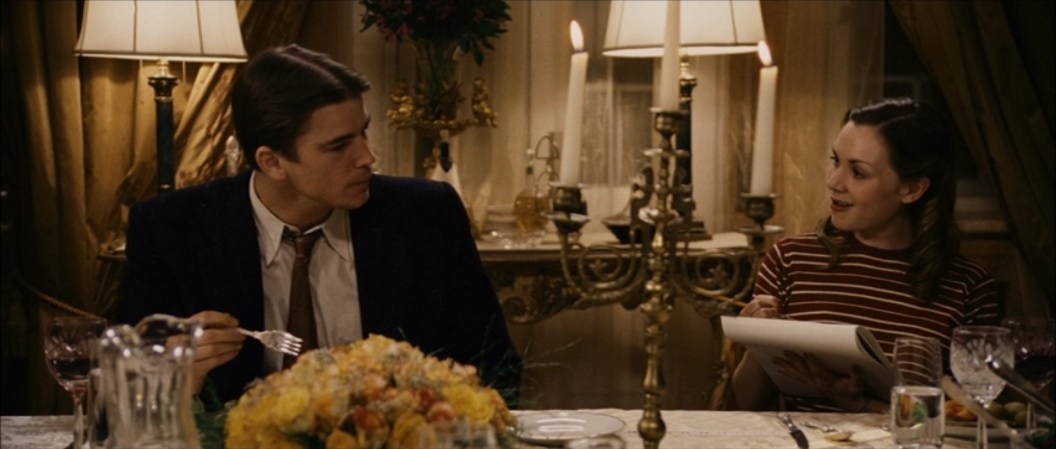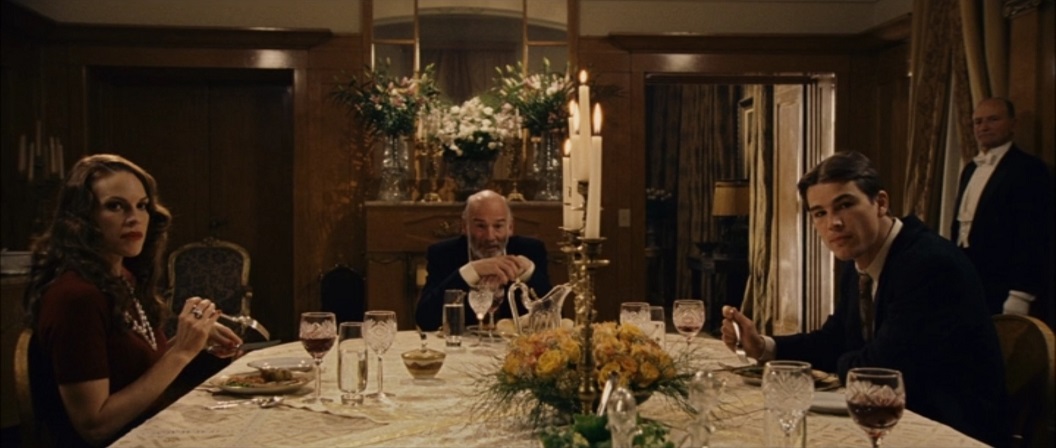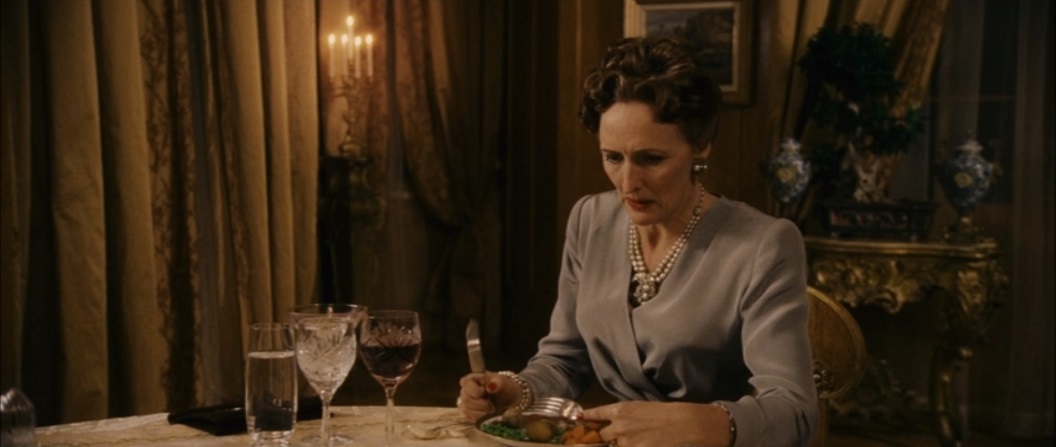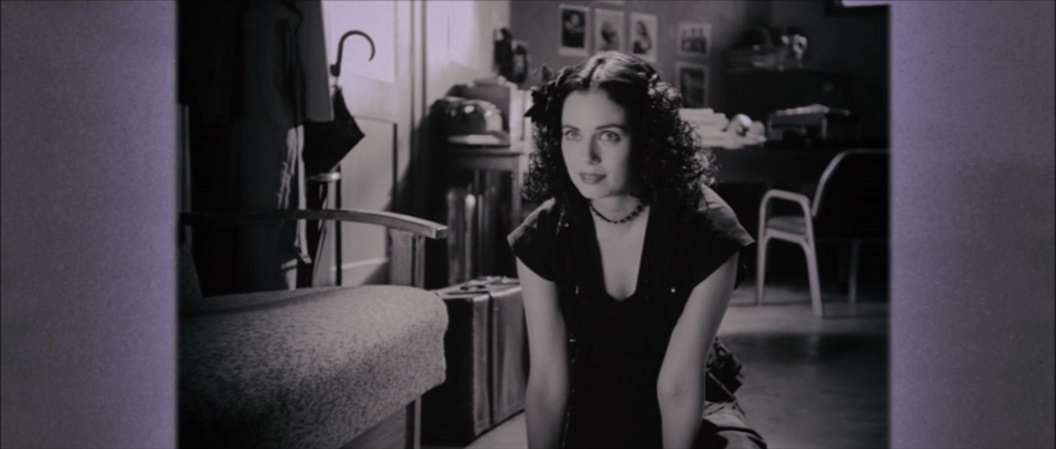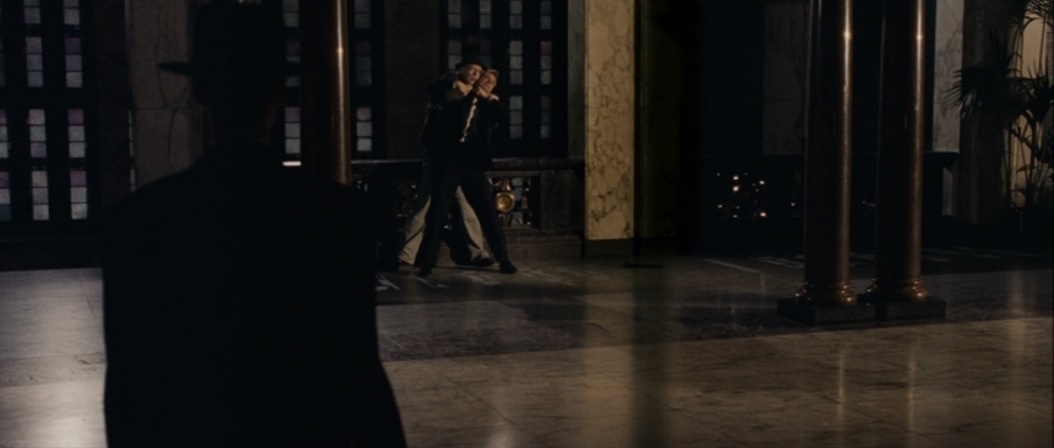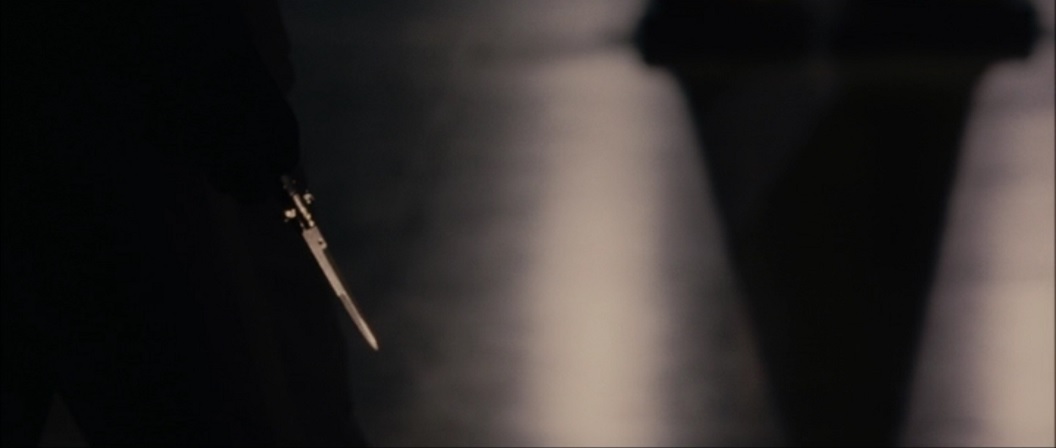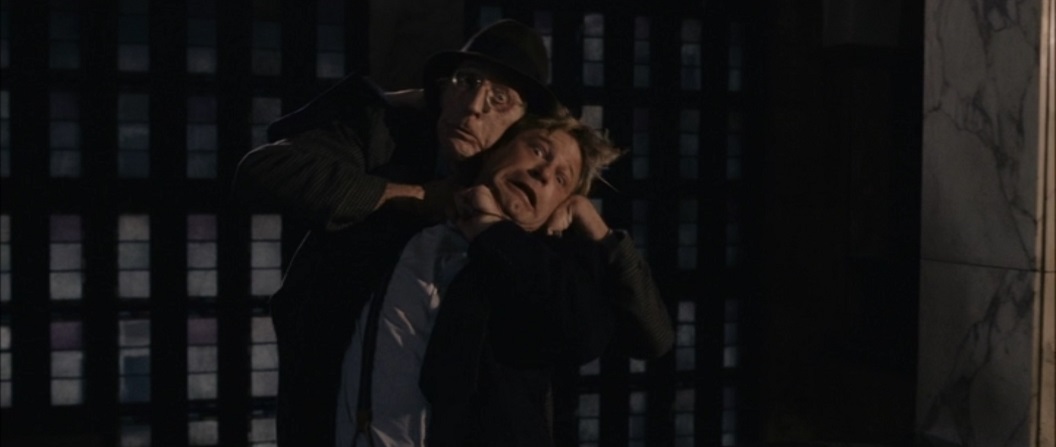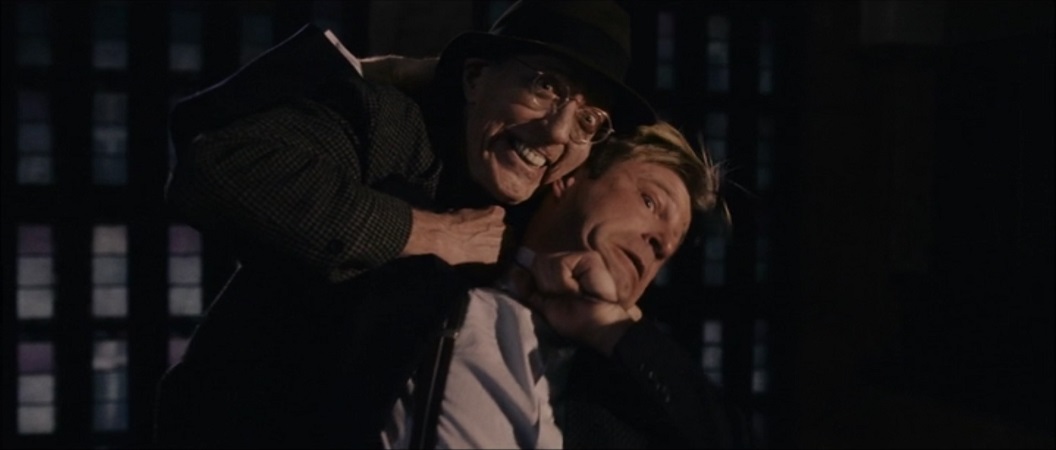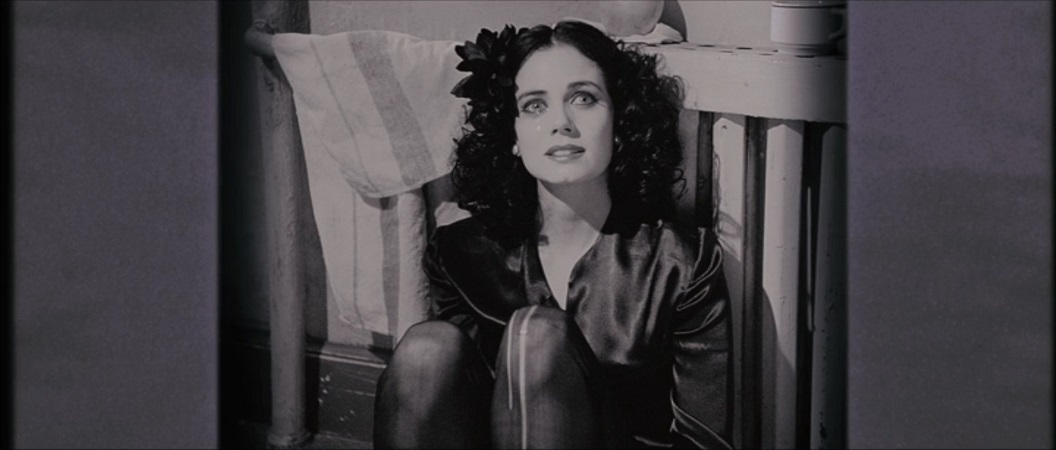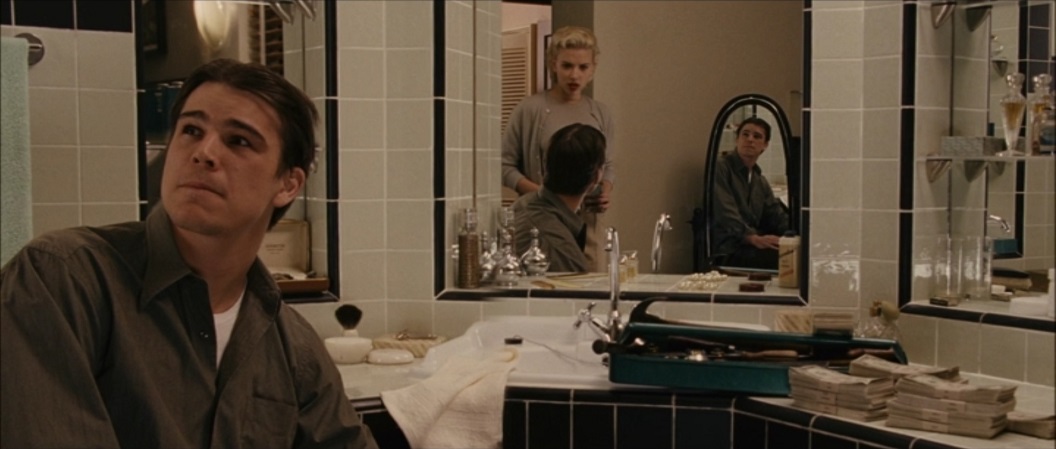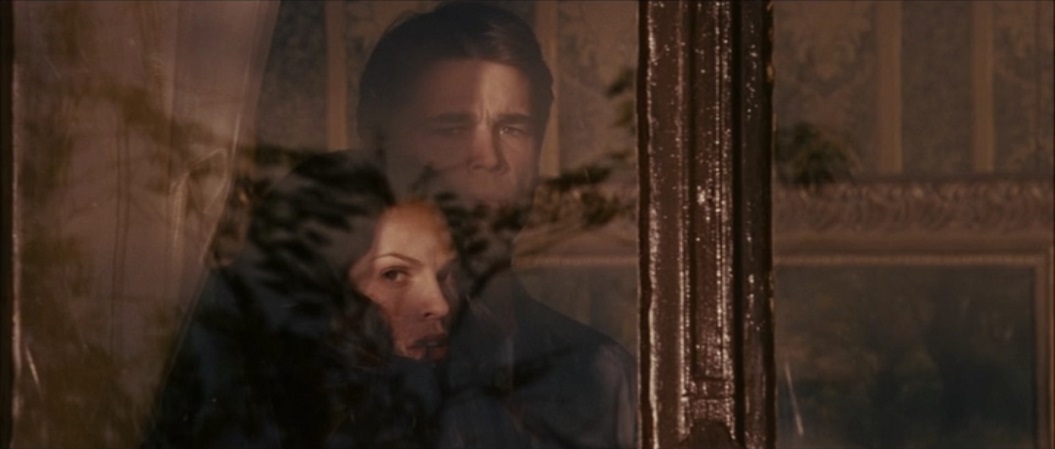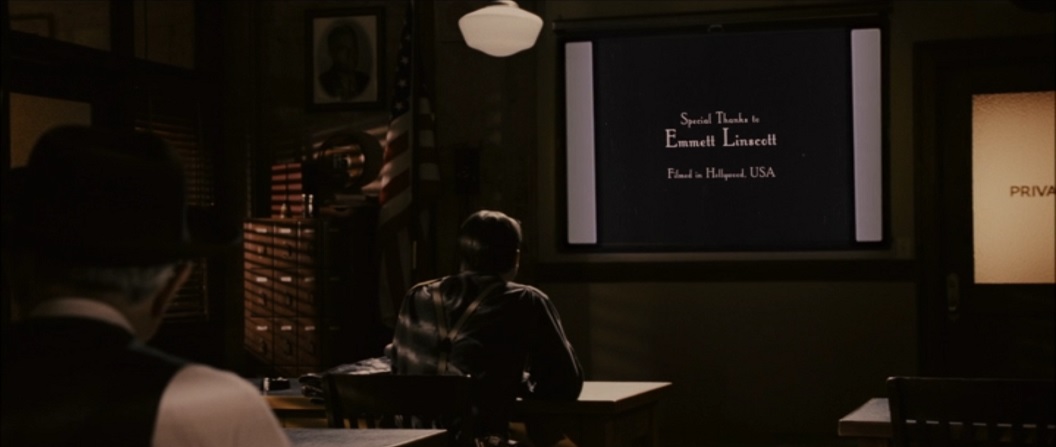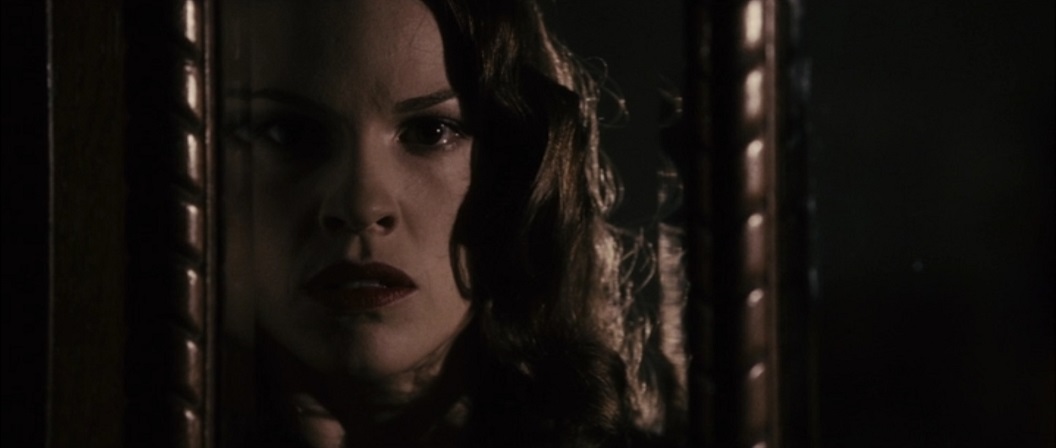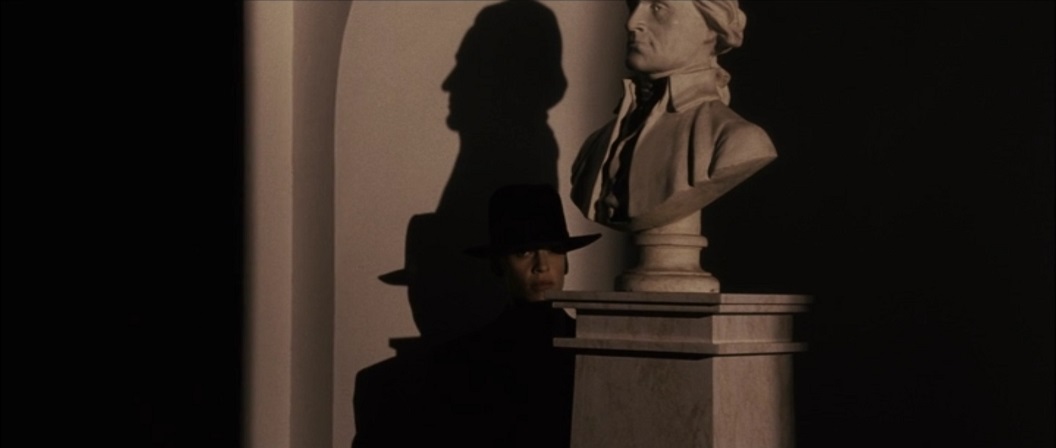"I LOVED BRIAN DE PALMA BECAUSE HE'S VERY GRUMPY"
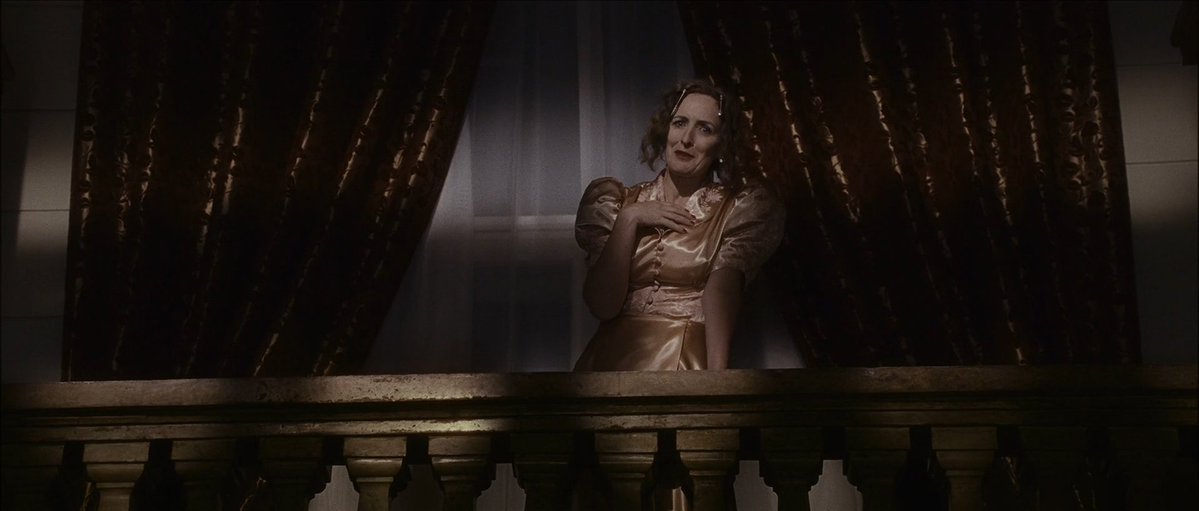
Fiona Shaw is in John Krasinski's new film, IF. On a new episode of the podcast Film Stories, Shaw talks about the new movie with host Simon Brew, who also asks Shaw about working with Terrence Malick on The Tree Of Life, and with Brian De Palma on The Black Dahlia:
Well, they’re both not dissimilar, they’re a similar age group, aren’t they. And, you know, Terrence, he does that very familial thing of saying, “Will you just come and join us?” He left me a voice message – I was in Washington doing a play, and he said, “I’d like you to be in my film.” And I said, “Well, I’d like to meet you.” I didn’t really want to just do a film with somebody having not met them. So he came to New York and we had breakfast. And he said, “What will you have for breakfast?” And I said, “An omelette.” And he said, “I think I’ll have an omelette, too.” [laughing] And he’s the most beautiful, simple, person you could meet. And then I went down to Smithville, and we made it very familially. He would shoot all night, just keep the camera rolling while the young kids played around and snakes would come out from under a rock and he’d follow the snake, follow the kid. And he would make it and make it, and I think he shot maybe… I mean, maybe he shot a thousand hours of film. And for a long time the producer would ring me up and say, “You know, you’re really a leading character in that film. He’s really captured you.” And then in the last six weeks, he gets rid of me. So each of us was … holding this film up, and then he just takes you away, and leaves what he needs. And that’s the person. So, you know, it’s more rewarding to work with him than it is [laughing and indecipherable]. But, wonderful genius.And I loved Brian De Palma because he’s very grumpy. And very, kind of, uncharming, in the best sense, because you feel you’re with a real person. You know. And one night, there was one big bit, a man was having his head cut off. And I said, “Does this still bother you?” And he said, “Are you kidding me? I’ve been doing this since 1962.” [laughs] He just does horror and torture without any… you know, he has no … he hasn’t got the excitement that John Krasinski has about making a scene happen, he just does it. You know, he just does it, like work.





